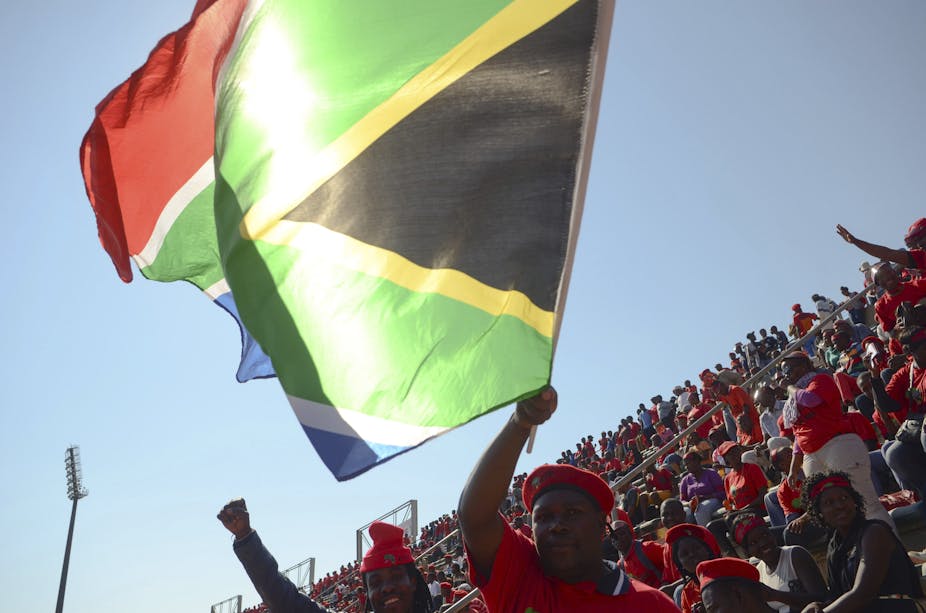Regular free and fair elections is one of the cornerstones of democracy. And apart from the fact that higher voter participation in elections is important for a vibrant democracy, it also has a direct impact on the election results.
South Africa has seen a decline in voter participation since the first democratic elections in 1994. In the founding elections of 1994 turnout was estimated at 86%. This dropped to 71.8% in 1999 and levelled off at just under 60% in subsequent elections.
Some may see the decline as a normal trend. The Africa Governance Monitoring and Advocacy Project noted in a review of democracy and political participation in South Africa in 2006 (available in hard copy only) that “as a percentage of the registered electorate, turnout in South Africa is roughly comparable with Western European levels and much higher than many African countries” and the overall rate of electoral participation in South Africa is “relatively good”.
This remains the case, but these trends should not be seen as inevitable.
For the upcoming local government elections 77% of all eligible voters – 26,333,353 people – are registered to vote. But opinion polls such as Afrobarometer show that many South Africans are indicating a general sense of disillusionment with all political parties and their leaders. The polls also indicate low levels of trust in political parties and political leaders.
Given this largely negative sentiment, will voters opt out and abstain?
High interest
Residents in some areas have indicated that they will boycott elections as a sign of protest. In others, community leaders have indicated that they intend to disrupt the voting process by continuing with their protests. This is the case in Vuwani, the scene of violent protests in the Limpopo province, where police have been deployed in anticipation of violence.
But, as academic and political analyst Susan Booysen points out, protests and general expressions of frustrations do not necessarily translate into lower turnout in all protesting communities.
This is backed up by the latest data from the South African Citizens Survey which shows that voters are eager to cast their ballot in the upcoming elections. The majority of respondents indicated that they were likely or very likely to vote. In the most recent survey (May and June) 76.5% of those interviewed in a nationally representative sample said they were likely or very likely to vote in the upcoming elections.
Voter turnout among supporters of the three largest parties - ANC, DA and EFF - is expected to be slightly higher than this. Unsurprisingly, voters who indicate that they don’t know who they will vote for are far more unlikely to go to the polls. Those supporting the smallest parties are similarly less likely to vote.

The undecided
A substantial number of voters have yet to choose which political party will receive their vote. About one in ten respondents told interviewers they were still undecided about who to support in the upcoming elections.

Data from the survey suggests a decrease in support for the ANC. Some 54% of those who indicated that they are registered to vote said that they would vote for the governing party in the local government elections.
But increasing dissatisfaction with the ruling party does not automatically translate into support for other parties. Roughly 17% indicated that they would vote for the DA and about 10% indicated support for the EFF.
Thus, as always, swing voters (should they decide to cast their ballot) will be an important group in the upcoming elections.

